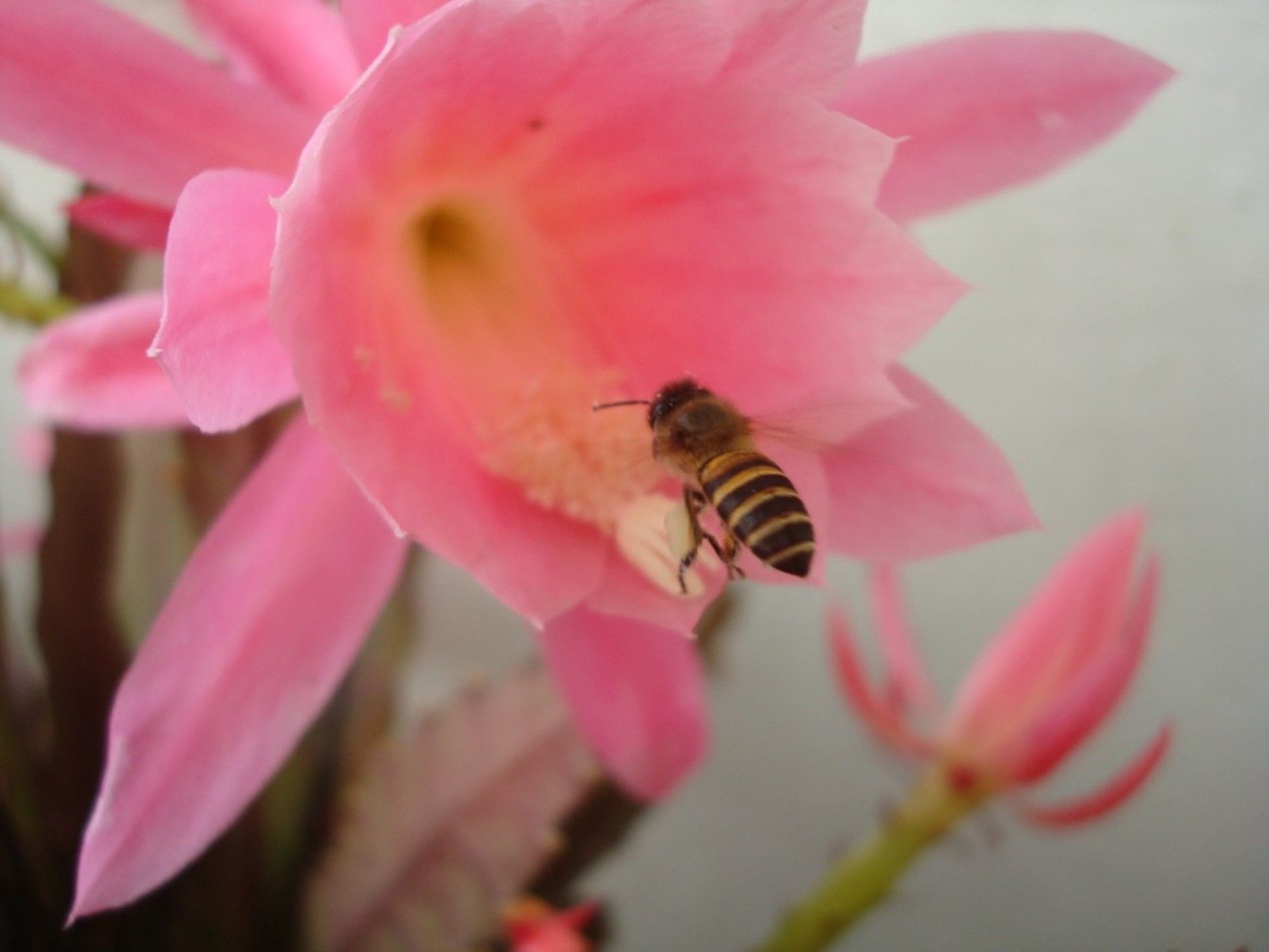At Himalayan Essence, we have embarked upon an audacious journey to conserve and protect the Himalaya. To the onlooker, it may seem unreal at first. But armed with the knowledge of the ages as well as modern science, our belief is strengthened by our unwavering commitment to one of India’s and the world’s most critical natural ecosystems. This commitment has led us to dream a dream that is larger than ourselves, our homes, and our bottom-lines. This dream has now begun to turn into tangible milestones and conversations, with decisive action on the ground.
-
![]()
“Until one is committed, there is hesitancy, the chance to draw back. Concerning all acts of initiative (and creation), there is one elementary truth, the ignorance of which kills countless ideas and splendid plans: that the moment one definitely commits oneself, then Providence moves too. All sorts of things occur to help one that would never otherwise have occurred. A whole stream of events issues from the decision, raising in one's favour all manner of unforeseen incidents and meetings and material assistance, which no man could have dreamed would have come his way.”
~ William Hutchison Murray, The Scottish Himalayan Expedition, 1951
At Himalayan Essence, we have embarked upon an audacious journey to conserve and protect the Himalaya. To the onlooker, it may seem unreal at first. But armed with the knowledge of the ages as well as modern science, our belief is strengthened by our unwavering commitment to one of India’s and the world’s most critical natural ecosystems. This commitment has led us to dream a dream that is larger than ourselves, our homes, and our bottom-lines. These dreams have now begun to turn into tangible milestones and conversations, with decisive action on the ground.
“Until one is committed, there is hesitancy, the chance to draw back. Concerning all acts of initiative (and creation), there is one elementary truth, the ignorance of which kills countless ideas and splendid plans: that the moment one definitely commits oneself, then Providence moves too. All sorts of things occur to help one that would never otherwise have occurred. A whole stream of events issues from the decision, raising in one's favour all manner of unforeseen incidents and meetings and material assistance, which no man could have dreamed would have come his way.”
~ William Hutchison Murray, The Scottish Himalayan Expedition, 1951
Positive change, they say, can lie in any direction. For us, the Himalaya were our calling. The vast Himalaya are not only home to meandering and undulating monoliths of mineral-rich stone and water, but also the biodiversity of intricately interwoven flora and fauna. These mountains are living, breathing ecosystems in which human beings have inhabited for centuries, evolving rich wisdom of ages to live in harmony with nature. At Himalayan Essence, we witnessed this intricacy of their culture pervading their agricultural practices too. We call it the Himalayan Way of Life.
-
![]()
"Der Worte sind genug gewechselt,
lasst mich auch endlich Taten sehn!"Enough words have been exchanged;
now at last let me see some deeds!~ Johann Wolfgang von Goethe, Faust I
Positive change, they say, can lie in any direction. For us, the Himalaya were our calling. The vast Himalaya are not only home to meandering and undulating monoliths of mineral-rich stone and water, but also the biodiversity of intricately interwoven flora and fauna. These mountains are living, breathing ecosystems in which human beings have inhabited for centuries, evolving rich wisdom of ages to live in harmony with nature. At Himalayan Essence, we witnessed this intricacy of their culture pervading their agricultural practices too. We call it the Himalayan Way of Life.
"Der Worte sind genug gewechselt,
lasst mich auch endlich Taten sehn!"
Enough words have been exchanged;
now at last let me see some deeds!
~ Johann Wolfgang von Goethe, Faust I
As the source of infinite wisdom, and a contributor to life on our planet, the Himalaya embody the quintessential Indian philosophy of Vasudhaiva Kutumbakam (Sanskrit: वसुधैव कुटुम्बकम from “vasudha”, the earth; “iva”, is; and “kutumbakam”, family), a Sanskrit phrase that means that the whole world is one single family. In the spirit of this very philosophy, we move forward on our mission-to-action nature-based solutions in partnership with small farmers across the Indian Himalayan Region to re-energise the Himalayan Way of Life for everyone on the planet.
-
![]()
अयं बन्धुरयंनेति गणना लघुचेतसाम्
उदारचरितानां तु वसुधैव कुटुम्बकम् ॥The distinction, “this person is mine, and this one is not” is made only by the narrow-minded. For those who are magnanimous, the whole world is one family.
~ Maha Upanishad, Chapter-6, Verse 71-75
As the source of infinite wisdom, and a contributor to life on our planet, the Himalaya embody the quintessential Indian philosophy of Vasudhaiva Kutumbakam (Sanskrit: वसुधैव कुटुम्बकम from “vasudha”, the earth; “iva”, is; and “kutumbakam”, family), a Sanskrit phrase that means that the whole world is one single family. In the spirit of this very philosophy, we move forward on our mission-to-action nature-based solutions in partnership with small farmers across the Indian Himalayan Region to re-energise the Himalayan Way of Life for everyone on the planet.
अयं बन्धुरयंनेति गणना लघुचेतसाम्
उदारचरितानां तु वसुधैव कुटुम्बकम् ॥
The distinction, “this person is mine, and this one is not” is made only by the narrow-minded. For those who are magnanimous, the whole world is one family.
~ Maha Upanishad, Chapter-6, Verse 71-75
The Founders
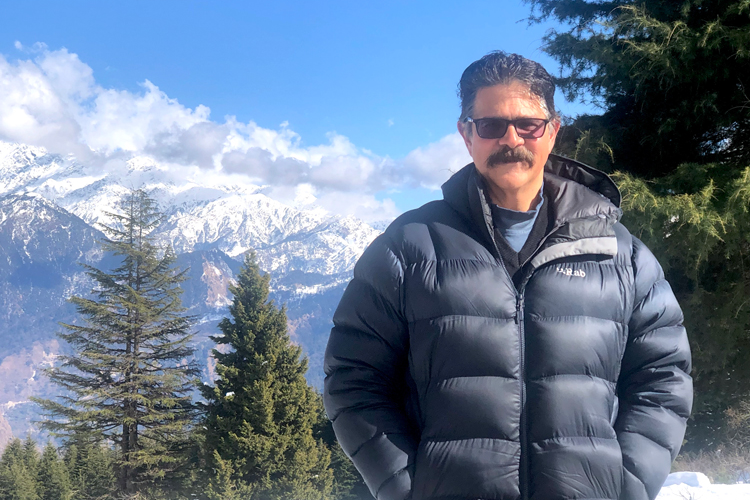
Alok Divatia
It is an understatement to say that the Himalaya are in urgent need of preservation – whether it is the flora, the fauna or the pristine, snow bound, ethereal peaks. And nobody understands this more than the tough, hardy mountain folk who inhabit these mountains. Yet, barring a few pockets where Horticulture has a significant presence, the small, marginal Himalayan farmer is too caught up with survival to contribute significantly towards conservation.
I stand and speak, for preserving the natural, Himalayan Way of Life. It is our endeavour at Himalayan Essence to provide scientific, technological and market interventions at the farm-gate to rejuvenate the regenerative agricultural practices across the Himalaya to empower our fellow small, Himalayan farmers.
I have sold consumer products manufactured by large multinationals across three continents in my three decades of career. Now I wish to bring my knowledge about markets to my fellow farmers in the Himalaya. It was my childhood dream to be a farmer and I am proud of the fact that I now belong to a community which reveres nature, works in partnership with nature and is committed to nature-positive life and livelihoods.
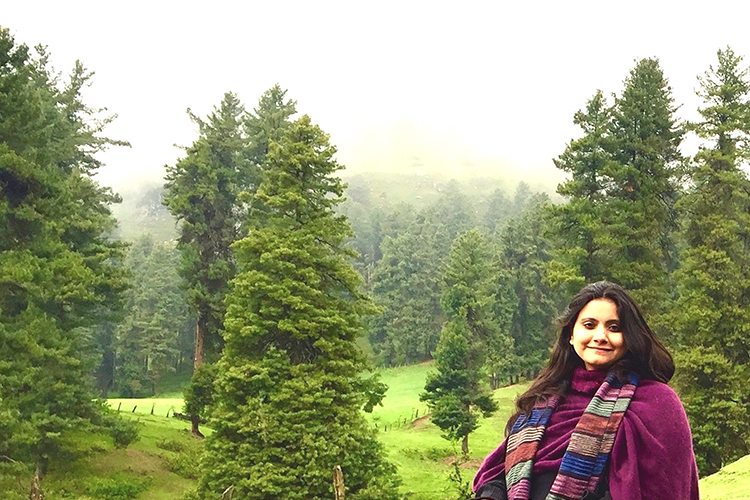
Bhairavi Jani
From early childhood, I dreamt of living and working in the Himalaya. Something in their quiet and majestic presence drew me to them. In the past decade, I have been deeply anguished by the reports of climate crisis endangering this massive natural treasure of our country and the planet. The more I read about young people leaving their Himalayan villages in search of jobs in big cities, the more concerned I became.
A few years ago we moved to our Himalayan village in Pithoragarh district of Uttarakhand. Living here with the local communities, we have come to understand the deep wisdom in their way of life which is in partnership with nature. We have understood the reasons that push the young from these villages towards mega metros in search of livelihood, and we have come to comprehend what ails the Himalayan natural ecosystem.
Himalayan Essence is our way of addressing the twin challenges of conservation of the natural ecosystem, and livelihoods for the local communities in the Indian Himalayan Region.
Board of Advisors
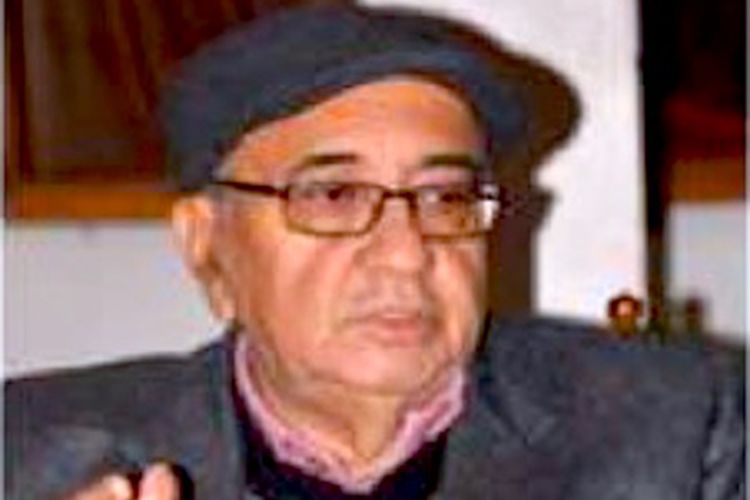
Prof. Laiq Ram Verma
For over the last four decades, Prof. L.R. Verma has served in high academic, professional, and administrative positions. He was Vice-Chancellor (1993-1999) of Dr Y.S. Parmar University of Horticulture & Forestry, Solan; Himachal Pradesh University, Shimla (2003-2006); Senior Scientific Advisor (Apiculture) to the Government of Himachal Pradesh (1982-2008); Dean & Professor, Himachal Pradesh University (1972-1999); and Visiting Professor (Beekeeping) in Germany (1976-1978 & in 2009). He has worked as a Consultant and Advisor with 25 scientific institutions and organisations in 21 countries across the Americas, Europe and Asia.
Prof. Verma has served as the President of the International Federation of Beekeepers' Association (APIMONDIA) working group on the Asian bees, Apis Cerana. He has been conferred with the Life Time Achievement Award in Apiculture and Pollination Ecology by Asian Apiculture Association, Tokyo, Japan in 2002.
Prof. Verma has published and edited 20 books (three in Hindi) in areas of Natural Resources, Biodiversity, Pollination Ecology, Indigenous Technology Knowledge, Entomology, Plant Pathology, Post-Harvest Technology. Of these, eight have been about beekeeping. He has published more than 250 review articles, research papers and popular articles in referred scientific journals and magazines of international repute.
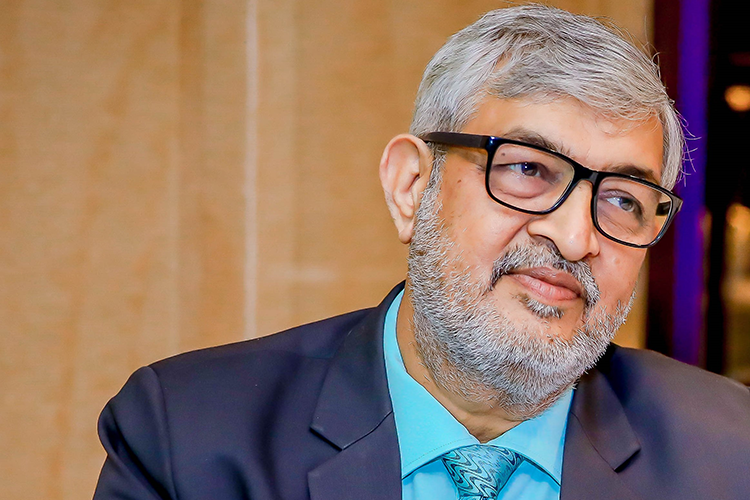
Mr Pankaj Dharkar
Mr Pankaj Dharkar is a renowned MEP and Green Building Consultant, and a Fellow of ASHRAE and IGBC. He provides innovative and sustainable solutions in the field of Building Engineering Services. During his rich experience of the past 40 years, he has successfully designed and completed more than 4000 projects of various applications.
Mr Dharkar is also a member of several other technical societies like ISHRAE, FSAI, USGBC, GACS, IPA, AIACRA, NFPA, IAQA, SSI, CTBUH etc. He is also a Presidential member of ISHRAE (HQ), ASHRAE (WI Chapter), FSAI (HQ) (Fire and Security Association of India), and Immediate Past International President of FSAI.
He is currently National Chairman of ASSOCHAM – GEM (Green Building Certification program) in India. He is currently National Chair FSAI SURAKSHA INDEX – First Global Index to rate Safety and Security of buildings that help in proper Fire Audits and also Chairman FSAI COVID Task Force.
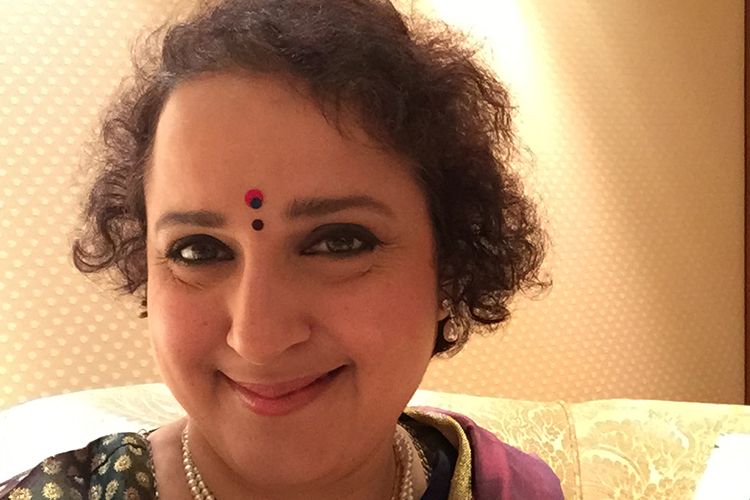
Dr Gitanjali Swamy
Gitanjali Swamy is a Managing Partner at IoTask, an “Innovation of Things” (IoT) company. She has founded, built, served as board director in innovation enterprises, led the investment sourcing, structuring, and transaction of seed to over a billion USD deals, in her investment or professional roles at IoTask, The Carlyle Group and Booz Allen & Hamilton. She is a representative to the EQUALS Global Partnership (a Joint Venture of the ITU, GSMA, UNU, UN Women), Board and Steering Committee member of the MIT DILAW Consortium, in collaboration with The World Bank, Research Fellow, Director at the Private Capital Research Institute, Harvard Business School. She has co-founded 5 successfully acquired startups and the founding of MIT's Opencourseware, the Auto-ID Consortium and the MIT Engine investment vehicle. Dr. Swamy has collaborated on ESG projects with MIT Corporation, United Nations agencies, Fabindia Overseas Pvt Ltd, and several Government P3 ESG efforts. She is currently advising State Senators and other legislators in multiple states on matters related to Investment Policy or Regulation and has helped draft two recent ESG related bills in Massachusetts.
Dr. Swamy received her B. Tech in Electrical Engineering from the IIT Kanpur, where she was awarded several Academic Proficiency Prizes, her Ph.D. in EECS from the University of California at Berkeley, where she was an NSF Fellow & President of WICSE, and her MBA from Harvard Business School, where she served as CFO of HBS-SA. She has recently completed her Juris Doctor (JD) in US Law. She has nearly 25 publications and patents in the fields of data, algorithms, technology, and policy. She was recently voted in Ten Most Influential Women in Technology.
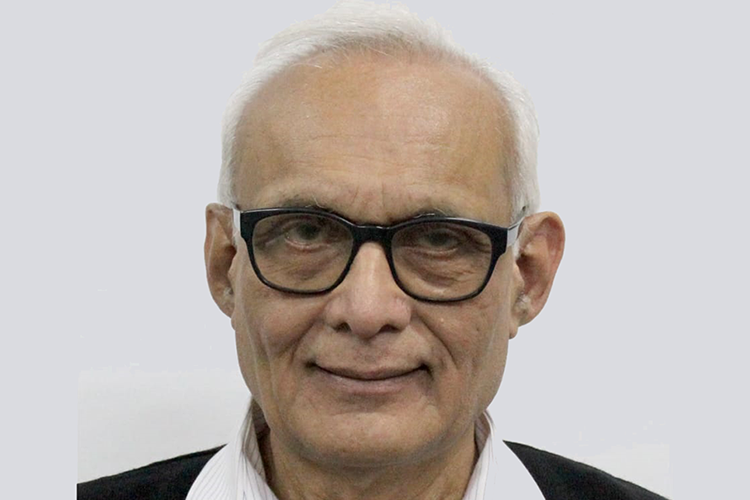
Prof. Hitesh Bhatt
Prof. Hitesh Bhatt has been associated with the Institute of Rural Management Anand (IRMA) as an Adjunct Professor since January 2021. He holds a B.Tech. from IIT Delhi (1977) and M.S. from Georgia Tech (1979), Atlanta, USA.
He started his teaching career in 1995 with IRMA as an Associate Professor and since then has been involved in teaching, training, and consulting in diverse areas. He has trained different cadres of persons in a variety of organisations – government, non-government, cooperatives, dairy unions, industrial units, PSUs, educational institutions and corporate.
At present, he is mainly involved in training in-service executives in various organisations across the country. He also carries out induction training for newly recruited officers in various government and non-government organisations.
Julia von Poschinger-Bray
Julia von Poschinger-Bray is actively involved in the social entrepreneurship and family enterprise realms. Having graduated with a BA (MA) in Geography from Oxford and an MPhil in International Studies from Cambridge University, she has since held positions at the Family Business Network International, INSEAD’s Wendel Centre for Family Enterprise, PWC, and the BMW Foundation.
She is a strong supporter of Ashoka as well as Nexus Network and an avid proponent of lifelong education and peer-to-peer learning on all innovative and high-impact subjects.

